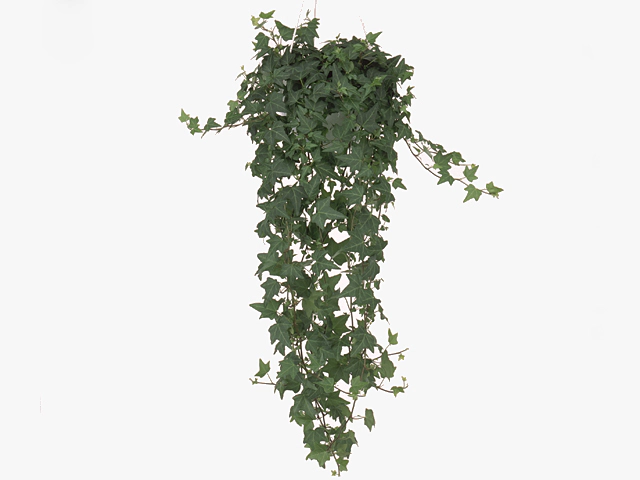Hedera helix 'Pittsburgh'

| Fruit type | Berry |
| Leaf type | Foliage leaf |
| Winter hardness | Good (USDA-zone 5, 6) |
| Inflorescence | Umbel(-like) |
| Structure (tissues) | Woody |
| soil pH requirement | Neutral (pH 6,5 - 7,5); Alkaline (pH > 7,5) |
| Light conditions | Semi-shades; Shady |
| Leaf division | Simple |
| Toxicity (if consumed) | Fairly |
Hedera helix 'Pittsburgh', commonly known as ivy or common ivy, is a popular evergreen vine that is native to Europe and Western Asia. It is often grown as a ground cover or used to climb walls, fences, and structures. The 'Pittsburgh' variety of ivy is known for its beautiful foliage and the small berries it produces.
The leaves of Hedera helix 'Pittsburgh' are simple and have a foliage leaf type. The plant is able to tolerate colder climates and has a good winter hardness, making it suitable for USDA zones 5 and 6. This makes it an ideal choice for gardeners residing in these regions who are looking for evergreen plants that can withstand harsh winters.
The inflorescence of Hedera helix 'Pittsburgh' is known as an umbel (or umbel-like), which consists of small flowers arranged in a flat or rounded cluster. While the flowers of ivy are not particularly showy, they do attract bees and other pollinators, making it beneficial for the surrounding ecosystem.
In terms of soil preferences, Hedera helix 'Pittsburgh' prefers neutral to alkaline pH levels, ranging from 6.5 to 7.5 and above. This means that the plant can tolerate a wide range of soil conditions and is adaptable to both acidic and alkaline soils. However, it is always recommended to test the soil before planting to ensure optimal growth.
When it comes to light requirements, Hedera helix 'Pittsburgh' thrives in semi-shaded to shady conditions. It can tolerate some direct sunlight but prefers areas with filtered or indirect light. This makes it an excellent choice for adding greenery to shaded areas of the garden or using it to cover walls that receive limited sunlight.
One important consideration when dealing with ivy plants is their potential toxicity if consumed. While Hedera helix 'Pittsburgh' is not highly toxic, it is considered to have a fairly low toxicity level. It is always advised to keep children and pets away from ivy plants to avoid any potential ingestion.
In conclusion, Hedera helix 'Pittsburgh' is an attractive and versatile evergreen vine that can be used as a ground cover or for climbing walls and fences. It produces small berries and has foliage leaves, making it a visually appealing addition to any garden. With its good winter hardiness and ability to tolerate a wide range of soil and light conditions, it is a reliable and low-maintenance choice for gardeners in USDA zones 5 and 6. Just remember to be cautious of its toxicity if you have children or pets around.
Market availability index by month:
| Jan. | Feb. | Mar. | Apr. | May | Jun. | Jul. | Aug. | Sep. | Oct. | Nov. | Dec. |
|---|---|---|---|---|---|---|---|---|---|---|---|
| 3 | 3 | 3 | 4 | 4 | 3 | 3 | 3 | 3 | 3 | 3 | 3 |